Proterial developed a technology that reduces CO2 emissions during Li-ion cathode material production by more than 20%
Green Car Congress
JULY 24, 2023
formerly Hitachi Metals, earlier post ) has developed a technology to manufacture cathode materials for lithium-ion batteries (LIBs) without the previously required process of converting nickel to nickel hydroxide(Ni(OH) 2 ) to produce a precursor that is used as the starting material for the manufacture of cathode materials. Proterial, Ltd.,

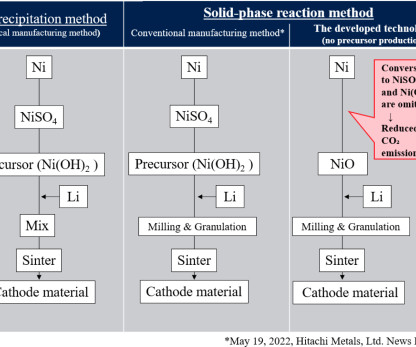

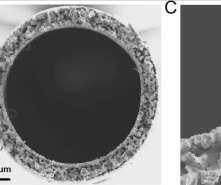
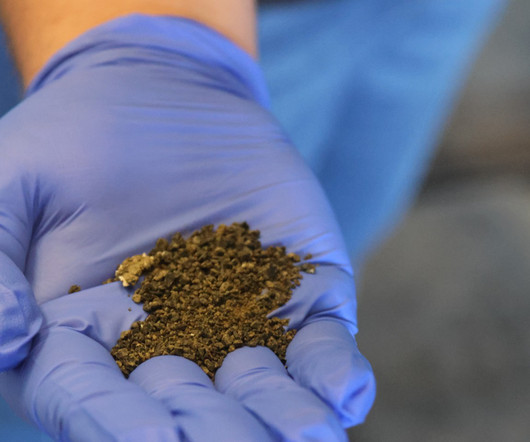
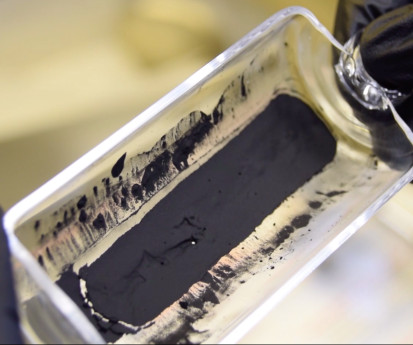







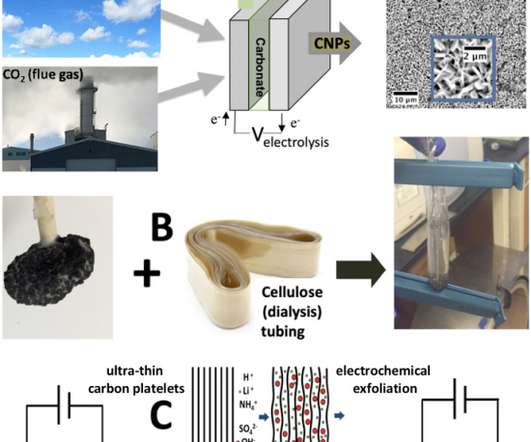
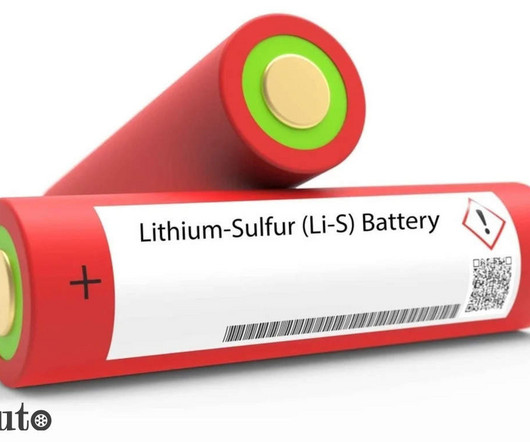






















Let's personalize your content